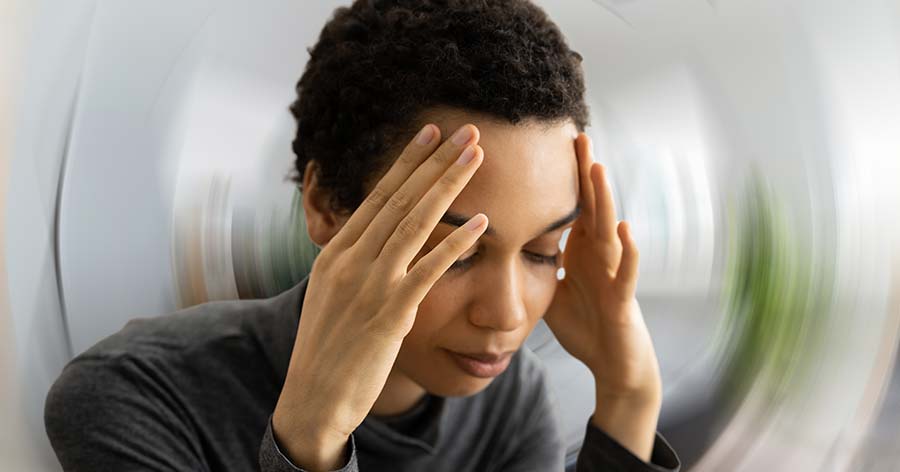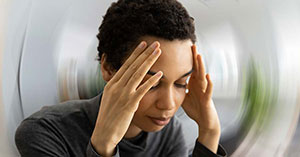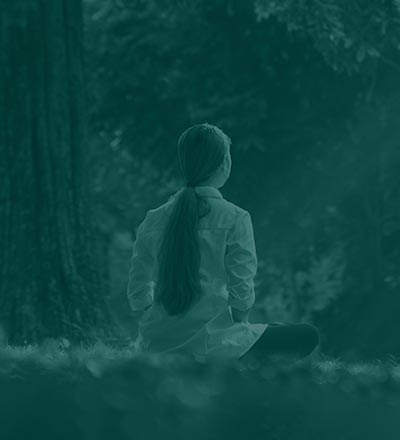Effective Brain Injury Treatment for Stroke Recovery and Mental Health Support
At Banyan Behavioral Health, our team specializes in effective brain injury treatment, focusing on stroke recovery and mental health support. We provide personalized care to address the physical, emotional, and cognitive challenges that may arise after a brain injury or stroke. Through a combination of therapy, rehabilitation, and mental health support, we work with individuals to enhance recovery, improve cognitive function, and manage emotional well-being. For more information, contact us or schedule an appointment online. We are located at 877 Mahler Road, Suite 160, Burlingame, CA 94010.




Table of Contents:
What is brain injury treatment for stroke recovery?
Can therapy help with cognitive problems caused by a brain injury?
What role does mental health support play in brain injury treatment?
What treatment options are available for traumatic brain injuries (TBI)?
At Banyan Behavioral Health, we recognize the profound impact that stroke can have on an individual’s life and the importance of a comprehensive approach to recovery. Our specialized brain injury treatment programs for stroke recovery are designed to address the diverse needs of each patient, promoting healing and enhancing quality of life.
When a stroke disrupts blood flow to the brain, it can lead to significant challenges, including physical, cognitive, and emotional impairments. Our multidisciplinary team is dedicated to providing personalized care that begins with acute stabilization and extends through a robust rehabilitation process.
Once the patient is stable, the rehabilitation journey begins. Our tailored programs incorporate:
● Cognitive Rehabilitation: Addresses memory, attention, and problem-solving challenges. Therapists implement strategies and exercises to improve cognitive function and support overall brain health.
● Psychological Support: Acknowledges the emotional toll of a stroke, providing counseling and support groups to help patients manage feelings of depression or anxiety, fostering a supportive environment for mental well-being.
● Family Involvement and Education: Family support is emphasized, encouraging involvement in therapy sessions to ensure they are equipped to provide necessary encouragement and assistance at home.
By integrating these diverse therapeutic approaches, stroke survivors can regain independence and lead fulfilling lives post-stroke with the right care and support.
Therapy can be highly effective in addressing cognitive problems caused by brain injuries, including those resulting from strokes or other medical conditions. Cognitive rehabilitation therapy (CRT) is specifically designed to help individuals with cognitive impairments such as memory loss, attention difficulties, and problem-solving challenges. This therapy involves targeted exercises and strategies that help improve cognitive function and support overall brain health.
For individuals recovering from a stroke or other medical conditions, therapy focuses on enhancing mental functions that may have been affected. This includes exercises aimed at improving memory retention, concentration, and the ability to plan and execute tasks. Cognitive therapists also work on improving the patient’s ability to process information and adapt to new ways of thinking and functioning.
Additionally, therapy can help individuals develop coping strategies for managing any residual cognitive deficits. By using specific techniques and tools, cognitive rehabilitation aims to empower patients to regain as much independence as possible, improving their quality of life and mental well-being post-injury.
At Banyan Behavioral Health, our integrated approach combines cognitive rehabilitation and psychological support to help individuals navigate the complexities of brain injury recovery. Our goal is to assist our patients in regaining lost skills and improving their cognitive functions, ultimately leading to a more fulfilling and independent life.
At Banyan Behavioral Health, we understand that mental health support is a pivotal component in the treatment and rehabilitation of individuals who have experienced a brain injury. Our comprehensive approach ensures that patients receive the emotional, behavioral, and cognitive care necessary to enhance their quality of life.
Our team of experienced mental health professionals is dedicated to helping brain injury survivors cope with the psychological aftermath of their injuries. We provide personalized counseling and therapy sessions designed to address common challenges such as depression, anxiety, frustration, and anger. By developing tailored coping strategies, we empower our patients to better manage their emotions and improve their overall mental well-being.
Cognitive rehabilitation is another critical focus at Banyan Behavioral Health. Our mental health experts work collaboratively with patients to enhance cognitive functions like memory, attention, and problem-solving skills. Through individualized therapy plans, we aim to restore independence and facilitate the recovery process, aiding our patients in performing daily tasks with greater ease.
Recognizing the impact of brain injuries on family and social relationships, we also offer family therapy and support groups. These services foster open communication, helping patients and their loved ones understand the changes brought on by the injury and adapt to new family dynamics. Our supportive environment encourages recovery and nurtures resilience in both patients and their families.
We emphasize early intervention and ongoing support to mitigate the risk of long-term psychological effects, such as chronic depression or anxiety disorders. Our proactive approach ensures that our patients receive continuous care to support their long-term recovery and adaptation.
For traumatic brain injuries (TBI) resulting from strokes or other medical conditions, several treatment options are available to address the physical, cognitive, and emotional effects of the injury. The treatment approach is typically tailored to the severity of the injury and the specific symptoms the individual is experiencing.
Therapy:
● Cognitive Rehabilitation Therapy (CRT): This therapy focuses on improving memory, attention, and problem-solving abilities. It helps patients relearn cognitive skills and adapt to changes caused by the brain injury.
● Speech and Language Therapy: Targets communication problems such as difficulty speaking, understanding, or swallowing. Speech therapists provide exercises to improve these functions.
Medication:
● Medications may be prescribed to address symptoms related to brain injury, such as pain, anxiety, depression, or sleep disturbances. Depending on the condition, medications like antidepressants, anti-anxiety drugs, or stimulants may be recommended to improve mood, focus, or cognitive function.
Psychological Support:
● Emotional and psychological support is a critical component of TBI recovery, especially for individuals dealing with depression, anxiety, or mood changes. Counseling, psychotherapy, and support groups help address the mental and emotional impact of brain injury.
Lifestyle Adjustments:
● Lifestyle changes such as maintaining a consistent sleep schedule, following a nutritious diet, and engaging in mental stimulation exercises can help support recovery. Additionally, ensuring a safe home environment and incorporating stress management techniques are important for overall well-being.
A multidisciplinary approach, combining these treatment options, can help individuals with brain injuries recover as much function as possible and improve their quality of life.
At Banyan Behavioral Health, our goal is to provide comprehensive, compassionate care for individuals with TBI, helping them achieve the best possible outcomes and a brighter future. For more information, contact us or schedule an appointment online. We are located at 877 Mahler Road, Suite 160, Burlingame, CA 94010. We serve patients from Burlingame CA, Foster City CA, South San Francisco CA, San Bruno CA, Belmont CA, Hillsborough CA, Millbrae CA, San Mateo CA and surrounding areas.

Additional Services You May Need

Additional Services You May Need




